Users of conservative or social media in the early days of the COVID-19 outbreak were more likely to be misinformed about how to prevent the virus and believe conspiracy theories about it.


Users of conservative or social media in the early days of the COVID-19 outbreak were more likely to be misinformed about how to prevent the virus and believe conspiracy theories about it.
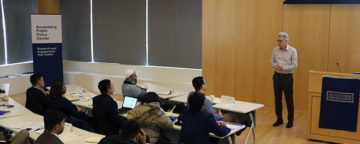
FactCheck.org Director Eugene Kiely met with a dozen international journalists in February through a U.S. State Department tour aimed at debunking misinformation.
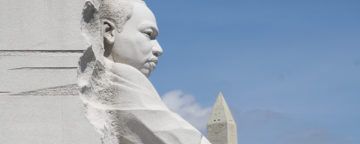
APPC researchers will present work in science, media, political, and health communication in Washington, D.C., at the 69th Annual ICA Conference.
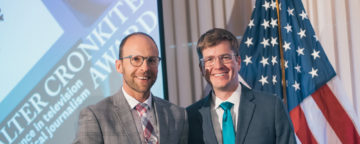
NBC's Denver TV station, KUSA, was presented with the 2019 Cronkite/Jackson Prize for Fact-Checking Political Messages at the Cronkite Awards ceremony in Washington, D.C.

The news literacy game NewsFeed Defenders, developed by APPC and iCivics, has been named a finalist in Fast Company's 2019 World Changing Ideas Awards.
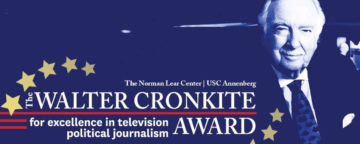
KUSA 9News won the 2019 Brooks Jackson Prize for Fact-Checking Political Messages, one of the Walter Cronkite Awards announced by USC's Norman Lear Center and APPC.
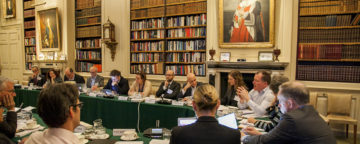
The Transatlantic High Level Working Group on Content Moderation Online and Freedom of Expression held its inaugural meeting at Ditchley Park, the historic U.K. estate.
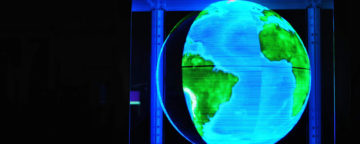
Freedom of speech must be protected even as governments and industries seek to reduce hate speech and disinformation, the Transatlantic High-Level Working Group on Content Moderation and Freedom of Expression (TWG) said following the group’s initial meeting.
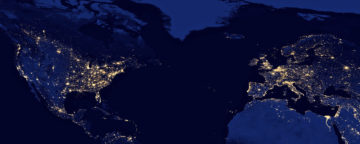
The new Transatlantic Working Group aims to address harmful content online -- hate speech, violent extremism, and viral deception -- while protecting freedom of speech and preserving a vibrant global internet.